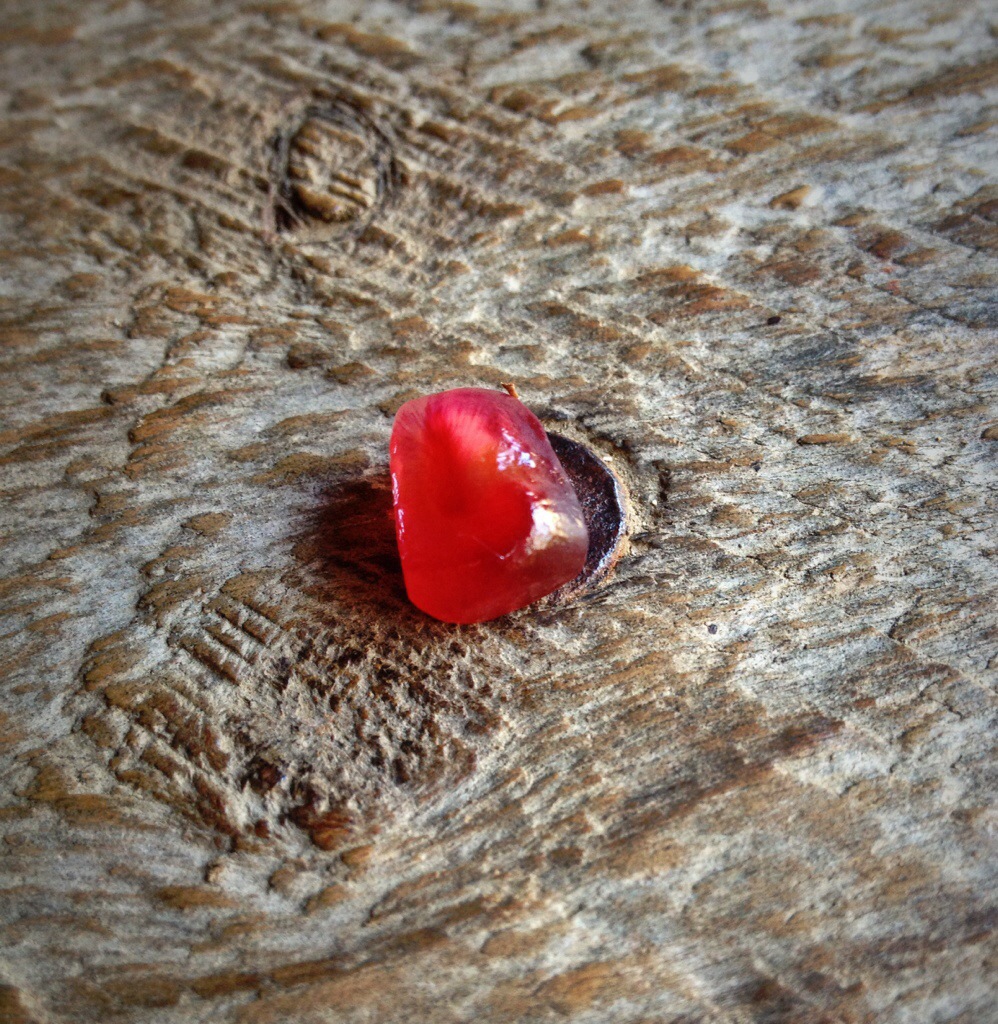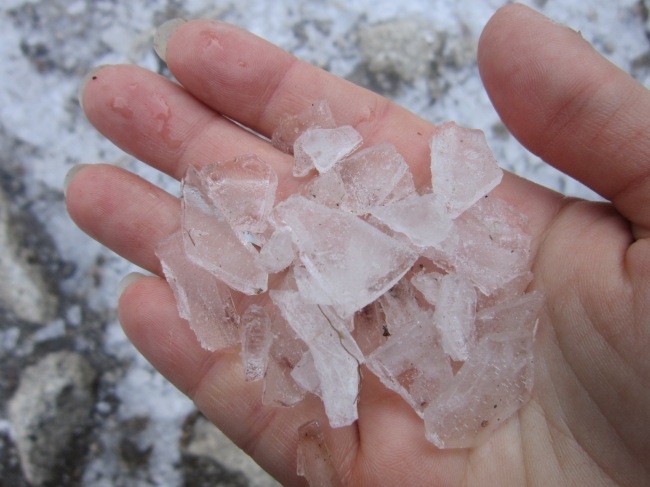The last two weeks have been a whirlwind. We took the Little Goose around our old digs in San Francisco’s Japantown. As we strolled our familiar sidewalks, I thought about the last time we were in the neighborhood — I was seven months pregnant. The steep hill climb to the park was our lunchtime routine. I’m grateful for our new life in the South but also grieved that our last year in the Bay was defined by quarantine.
It’s true that you can leave pieces of your heart behind in a place or within a community. We ate lunch with friends at Holy Trinity Cathedral and reconnected with loved ones who saw me baptized, witnessed our wedding, and held space for our grief when I lost my brother Matthew. We stopped in to Holy Virgin (the Russian cathedral) to venerate St. John the Wonderworker. I remember venerating his relics just before Matthew died. At that time, I wondered how quickly I could send holy oil across the country to my family, not realizing Matthew would be in Heaven within a few short days and talking to St. John himself. San Francisco is where Taylor and I fell in love and married. It’s the city I came into my own, and it’s the last place I hugged my baby brother in person (when he danced on our wedding day).
I’d forgotten how much I missed smelling roses on our evening walks in the city. Later that week in La Selva, Emma and I traced the many “Compassion roses” with our fingers and breathed deeply in their perfume. Postpartum anxiety still flares up these days. I have tools to help me cope, but I have good days and bad ones. I’m reckoning with fears I’ve come into agreement with, and I’m learning to notice when my body tightens and prepares for impact, usually when I’m exhausted, overstimulated, and my brain needs quiet.
Amid birthday celebrations and recovering from jet lag, we celebrated Little Goose’s name day. Her patron saint is Emilia of Caesarea. St. Emilia was born in Cappadocia, a province of the Roman Empire (now modern day Turkey) and she died on May 30, 375 AD. She had 10 children, 5 of them numbered as saints themselves. As she lay dying, she prayed, “To you, O Lord, I give the first fruits and the tithe of the fruit of my womb. The first fruit is my first-born daughter, and the tithe is this, my youngest son. Let these be for you a rightly acceptable sacrifice, and let your holiness descend upon them!” I think about how it must have felt for her to lose her grown son in his twenties (like my mom did.) Her response was looking even more intently at Christ and (with her eldest daughter Macrina) create a place for former enslaved women to live as near to heaven as humanly possible. St. Emilia was the daughter of a martyr, so she knew what it was like to know loss intimately. She loved her children with a holy love, transforming her and the Church through the holy acts and writings of her children. (Orthodoxwiki.org)
I think about the elementary school children and teachers in Uvalde who lost their lives last week. (May their memory be eternal.) I ache for those parents and grandparents with empty arms and the siblings sleeping next to empty beds. We must take time to grieve and also take action in whatever way we can. It keeps happening, and the innocent still suffer. As St. Matthew writes in the first gospel, “Rachel weeping for her children, refusing to be comforted, for they are no more” (Matthew 2:18 NKJV).
In the midst of grief, we sometimes build things. In the midst of a pandemic, I conceived. In the quiet place of grief and quarantine, new organs, eyes, and ears came into being. In the silence of my home in the woods, I gave birth to my firstborn. I was seated on a stool at the foot of my bed, surrounded by my husband and birth team, yet feeling alone in the world. Not lonely, but quiet and alone. Just me and the babe inside my womb, leaning into each other and with each other. All I could see in my mind’s eye was this tiny forehead appearing, even while pushing unfruitfully. After a long while, my midwife realized my cervix had a lip blocking the baby’s head from proceeding any further down the birth canal. We worked together to make the pushes productive, taking one minute naps and sipping water, sucking on spoons of honey and a bite of banana here and there for energy.
She came into the world bent in two, swan diving out of one body of water into the fresh air with little fingers reaching for toes. She was long and limber, stretching out like a little goose.
Today that sweet daughter of mine is saying words I don’t understand. She stumbles and walks on her own. She (and I) crave independence, yet we both still prefer to be in sight distance of each other. She loves to eat cheese, broccoli, and Cheerios. I’m afraid of her going to school in a few years and I get anxious even taking her to the grocery store. I’m learning how to relax my face and shoulders, pausing to breathe. My bodily response will adjust with practice, but it will take patience and time.
When the cool air descends and blows off the angry heat of summer, I’ll plant roses in the yard. For now we wait — praying, eating, and waking up each morning, waiting for the sunlight to spell out where the roses will thrive. We wait for the Resurrection on the third day.









